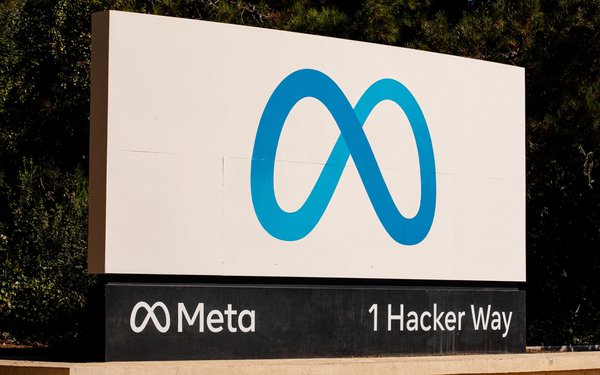
Meta did not want to mistakenly penalize top brands and risk
advertising dollars, so it designated some advertisers as exempt from its content-moderation process to prevent its multibillion-dollar ad business from crumbling -- like what happened to social media
platform X.
“Guardrails” to “protect high spenders” were set up, according to internal documents from 2023 seen by the Financial Times. The documents outlined
several guardrails that protected accounts.
The documents revealed a two-tiered content-moderation system that protected Meta's biggest advertising revenue streams while raising questions
about fairness and transparency in its platform policies. The document said top spenders would be reviewed by humans.
One document suggested that a group called “P95 spenders” that
spent more than $1,500 per day were “exempt from advertising restrictions” but would still “eventually be sent to manual human review.”
advertisement
advertisement
In another document titled
“high spender mistake prevention,” Meta said it had seven guardrails protecting business accounts that bring in more than $1,200 in revenue during a 56-day period, as well as individual
users who spent more than $960 on advertising during the same timeframe.
Advertising made up most of Meta’s annual revenue, which amounted to nearly $135 billion in 2023.
Sensor
Tower estimates the top 10 U.S. spenders on Facebook and Instagram include Amazon, Procter & Gamble, Temu, Shein, Walmart, NBCUniversal and Google.
Meta told the FT it used the
guardrail “higher spend,” because it often means the company’s advertisements would have greater reach, and so the consequences could be more grave if the advertiser or its
advertisements were removed by mistake.
The guardrails were rated as “low,” “medium” or “high” in terms of whether they were “defensible,”
justifiable by argument.
Now the speech that Meta CEO Mark Zuckerberg published in a video published earlier this week makes more sense.
Some media outlets believe Zuckerberg’s
new relationship with President Donald Trump likely prompted the change, but I believe it’s more than that.
The insight comes as Zuckerberg announced an end to third-party fact-checking
and reduced automated moderation.
Zuckerberg said in the video announcing the changes that Trump’s recent return to the White House should be viewed as a “cultural tipping
point” that will prioritize free speech, as he cited in his video about changes to moderation policies on Meta’s platforms.
Zuckerberg laid out the changes by saying the company
will initially “get rid of fact checkers and replace them with community notes, similar to X starting in the U.S.”
He claimed that the fact checkers were too politically biased and
have destroyed more trust, especially in the U.S.
It's time for a social media reset, and it is interesting that Elon Musk and X will lead on some of Meta's changes.
On X, for
example, someone can write a note and people on the platform vote on the note. If many agree, the note gets posted on the post to provide more information.
It will be interesting to see
what happens next.